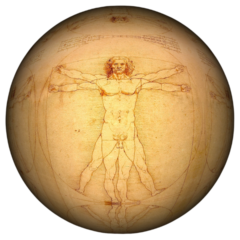Is the Earth a Living Organism?
Gaia hypothesis suggest that organisms co-evolve with their environment.
It was formulated by the chemist Jame Lovelock and the microbiologist Lynn Margulis.
The Gaia hypothesis posits that the Earth is a self-regulating complex system involving the biosphere, the atmosphere, the hydrospheres and the pedosphere, tightly coupled as an evolving system.
The Gaia hypothesis also known as Gaia theory or Gaia principle proposes that all organisms and their inorganic surroundings on Earth are closely integrated to form a single and self-regulating complex system, maintaining the conditions for life on the planet.
More than one astronaut looking back at our planet concluded that Earth, in fact, a living being.
Gaia hypothesis claims that the planet does behave like a living system.
Gaia pronounced “Guy-uh” — was the Greek goddess of the earth.
Something is maintaining numerous reactive gases in our atmosphere in an equilibrium steady state.
Plants would balance each other and keep the planet’s temperature from ever getting too hot or too cold to support plant life. The organisms on our own planet must work together to stabilize the earth.
Similarly, the Gaia hypothesis sees the Earth as a self-regulating system able to maintain the climate, the atmosphere, the soil, and the ocean composition at a fixed state . In conclusion, the Earth has the capacity for self-regulation in the face of perturbation, change, disasters, That is a very strong characteristic of living things, in conclusio the Earth is a living thing.
Solaris is a science fiction drama film based on the 1961 science fiction novel of the same name by Polish writer Stanisław Lem.

